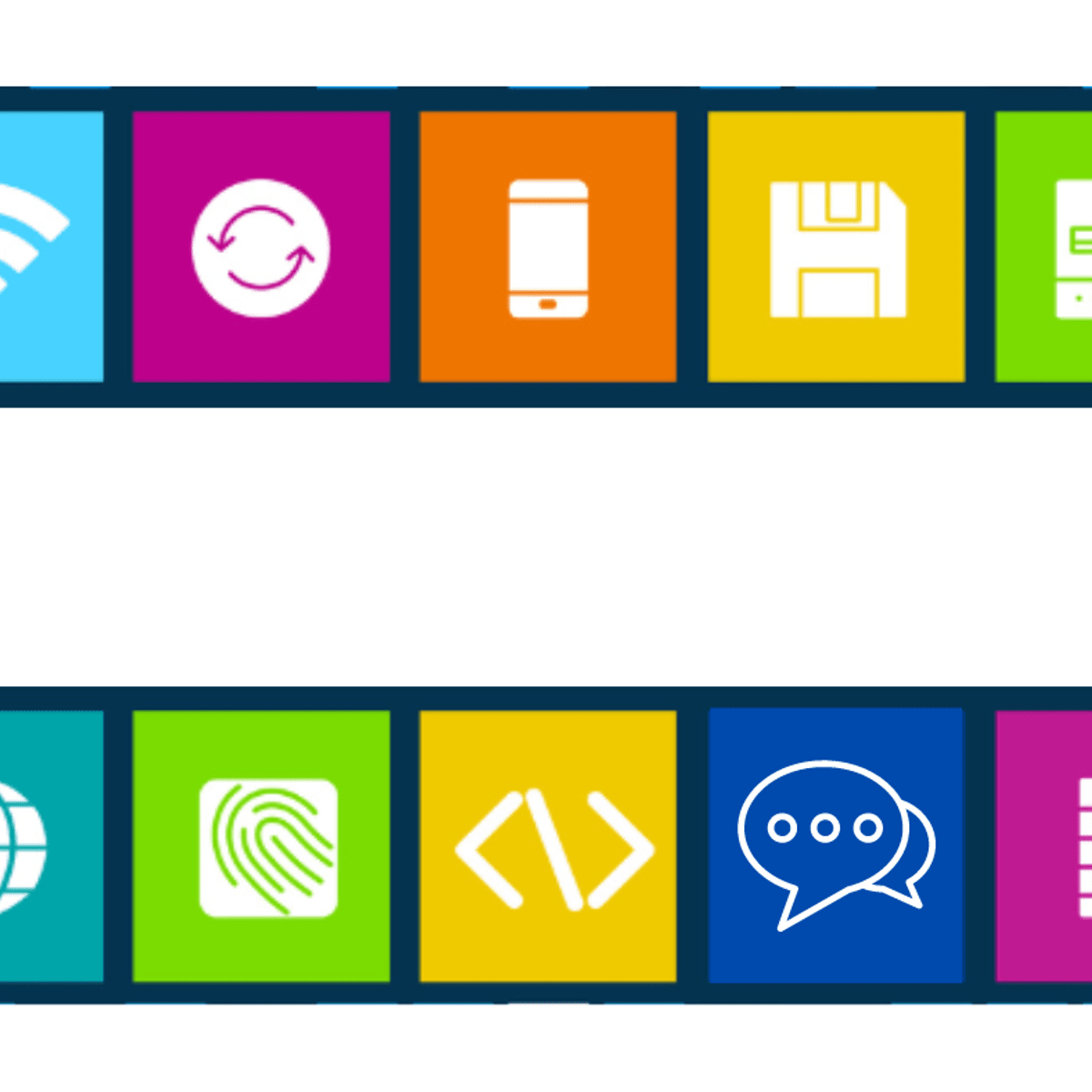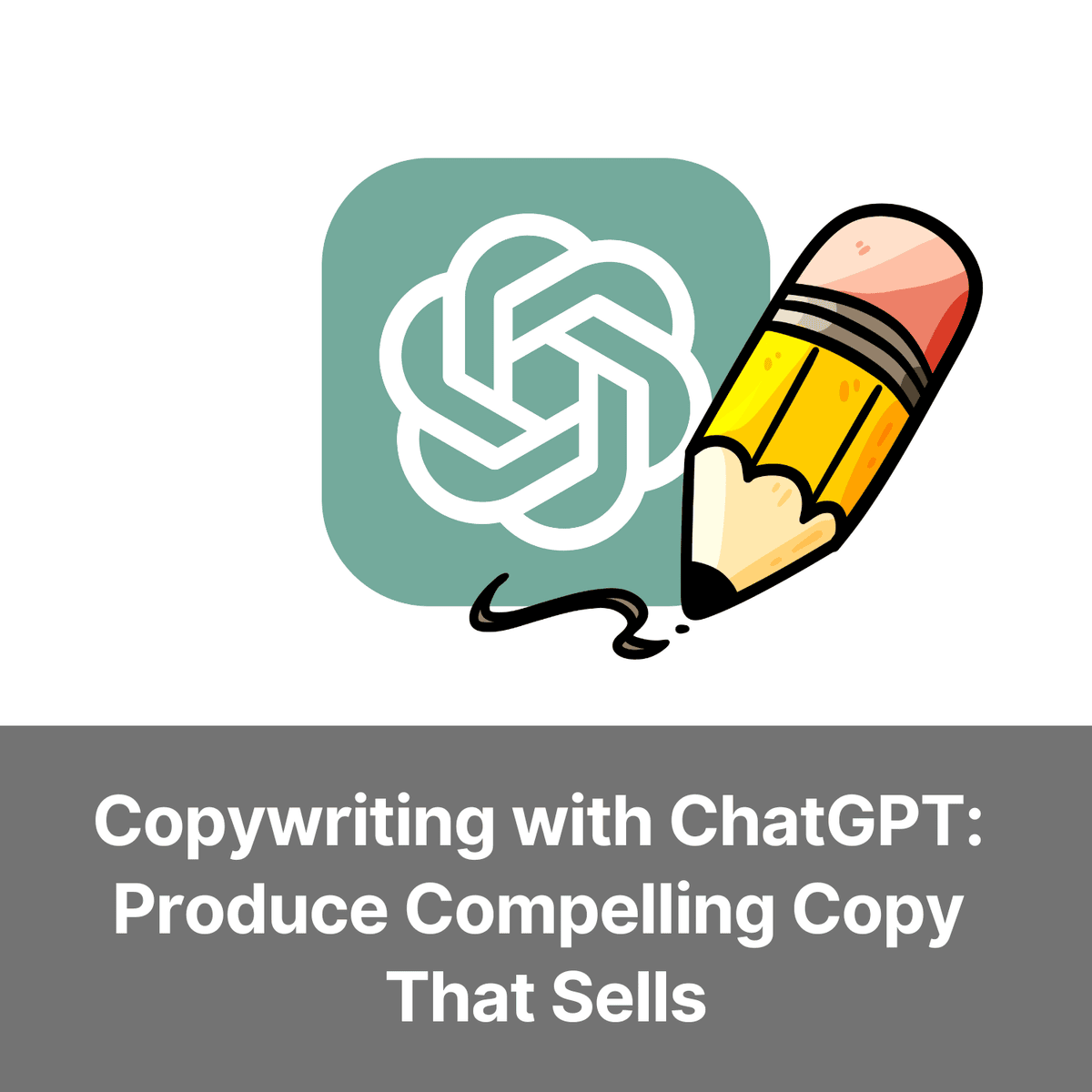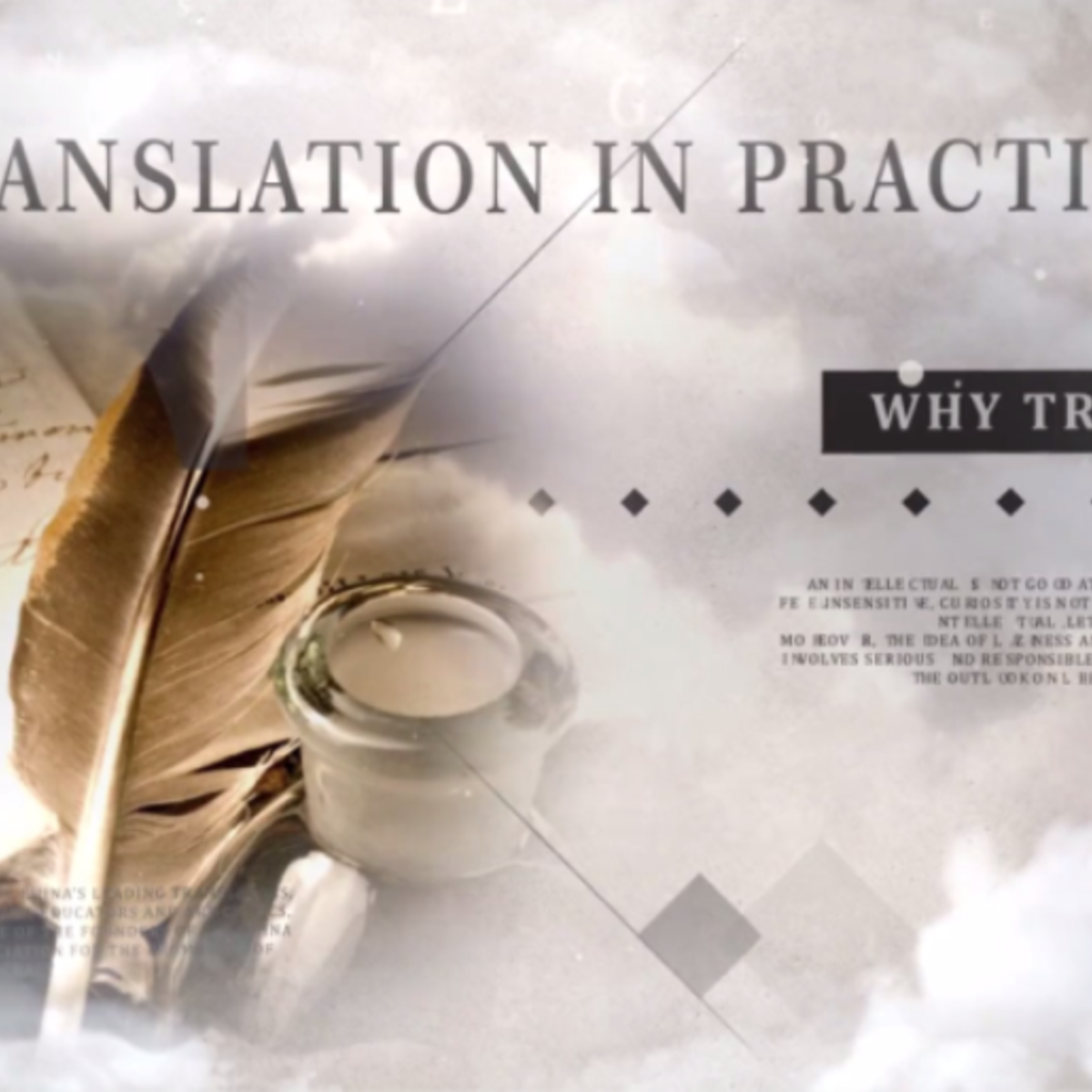Content Writer
Content Writer: A Comprehensive Career Guide
Content writing involves creating written material for various online and offline platforms. It's a dynamic field that blends creativity with strategic communication to inform, engage, or persuade specific audiences. Content writers craft everything from blog posts and articles to website copy, social media updates, email newsletters, and technical documentation.
The allure of content writing often lies in its versatility and the opportunity to delve into diverse subjects. Many find satisfaction in mastering the art of storytelling for brands or simplifying complex topics for broader understanding. The ability to work remotely or freelance also offers significant appeal, providing flexibility and autonomy in one's career.
Introduction to Content Writing
What is Content Writing?
At its core, content writing is the process of planning, writing, editing, and publishing content. This content serves a purpose, often related to marketing, information dissemination, or user engagement. It's distinct from purely creative writing, as it usually aims to achieve specific business or communication goals.
The scope is vast, covering numerous formats and channels. A content writer might produce long-form articles for a company blog one day and concise social media captions the next. The common thread is the need to tailor the message, tone, and style to the intended audience and platform.
Effective content writing requires more than just good grammar. It demands research skills, an understanding of audience psychology, and often, knowledge of digital marketing principles like Search Engine Optimization (SEO).
Key Industries and Roles
Content writers are essential across a wide spectrum of industries. Digital marketing agencies heavily rely on writers for blogs, websites, and campaigns. Technology companies need writers for product descriptions, user guides, and marketing materials.
Media and publishing houses employ content writers for articles, news stories, and online features. Educational institutions utilize writers for course materials, websites, and promotional content. Non-profits also require writers to communicate their mission and impact effectively.
Within these industries, roles can vary. Some writers specialize as copywriters focusing on persuasive sales text, while others become technical writers simplifying complex information. Blog writers, social media content creators, and email marketers are other common specializations.
Core Responsibilities
A content writer's primary responsibility is producing clear, compelling, and accurate written content. This involves understanding the project brief, researching the topic thoroughly, and structuring the information logically.
Optimizing content for search engines (Search Engine Optimization or SEO) is often a key task. This includes researching relevant keywords and incorporating them naturally into the text to improve online visibility. Ensuring content resonates with the target audience and encourages engagement (likes, shares, comments) is another crucial aspect.
Editing and proofreading are integral parts of the process. Writers must meticulously check for errors in grammar, spelling, punctuation, and style. They also ensure the content adheres to brand guidelines and maintains a consistent tone of voice.
Busting Myths
A common misconception is that content writing is simply about having good grammar. While essential, strong writing mechanics are just the starting point. Strategic thinking, research ability, and adaptability are equally vital.
Another myth is that anyone who can write can be a content writer. Professional content writing requires specific skills, including understanding marketing principles, SEO, and audience engagement techniques, which often need dedicated learning and practice.
Some believe content writing is always a solitary activity. While writing itself can be independent, collaboration with designers, marketers, subject matter experts, and editors is frequently necessary. Effective communication skills are therefore indispensable.
Finally, the idea that content writing doesn't require creativity is untrue. Crafting engaging narratives, finding unique angles, and adapting tone for different platforms all demand significant creative input, even when adhering to specific guidelines.
Essential Skills and Competencies
Writing Prowess
Exceptional writing proficiency forms the bedrock of a content writer's skill set. This encompasses mastery of grammar, punctuation, spelling, and syntax. Clarity and conciseness are paramount, ensuring the message is easily understood.
Stylistic versatility is also crucial. A content writer must adapt their tone and style to suit different audiences, platforms, and objectives. This could range from formal and technical for a white paper to conversational and witty for a social media post.
The ability to structure content logically enhances readability. This involves organizing ideas coherently, using headings and subheadings effectively, and ensuring a smooth flow between paragraphs. Storytelling skills can further elevate content, making it more engaging and memorable.
These courses offer foundational and advanced techniques in writing and editing to help you hone your craft.
These books provide timeless advice on clarity, style, and the mechanics of good writing.
Mastering SEO and Keywords
Understanding Search Engine Optimization (SEO) is fundamental for digital content writers. SEO involves optimizing content so that it ranks higher in search engine results, increasing visibility and driving organic traffic.
Keyword research is a core component of SEO. Writers need to identify the terms and phrases their target audience uses when searching for information online. Tools like Google Keyword Planner, Ahrefs, and SEMrush are commonly used for this research.
Integrating keywords naturally into content, including headings, subheadings, and body text, is crucial. However, keyword stuffing (overusing keywords) should be avoided, as it harms readability and can lead to search engine penalties. Balancing SEO needs with creating valuable, reader-friendly content is key.
These courses provide practical knowledge on SEO principles and content marketing strategies.
Research and Accuracy
Thorough research is indispensable for creating credible and informative content. Content writers must be adept at finding reliable sources, whether through online databases, academic journals, interviews, or other methods.
Fact-checking is a critical responsibility. Writers need to verify statistics, claims, and other factual information before publication to maintain accuracy and credibility. This involves cross-referencing information from multiple reputable sources.
Understanding the topic deeply allows writers to explain complex subjects clearly and accurately. It also helps in anticipating audience questions and addressing them proactively within the content. Strong analytical skills are needed to synthesize information from various sources into a cohesive piece.
This comprehensive book offers guidance on conducting thorough and ethical research for various writing projects.
Adaptability and Platform Savvy
Content writers must be adaptable, capable of shifting their writing style for different formats and platforms. Writing for a blog requires a different approach than writing for social media, email marketing, or technical documentation.
Understanding the nuances of each platform is essential. For example, social media content often needs to be brief, visually driven, and interactive, while technical manuals require precision, clarity, and detailed explanations.
The ability to adopt different brand voices is also important. Writers often work for multiple clients or departments, each with its own distinct tone, whether it's formal, informal, technical, or promotional. Consistency in voice helps build brand identity.
Exploring different writing styles and platforms can broaden your skillset. Consider these courses to develop versatility.
Educational Pathways
Relevant Degrees
While a specific degree is not always mandatory, certain fields of study provide a strong foundation for a content writing career. Bachelor's degrees in English, Communications, Journalism, or Marketing are common starting points.
An English degree develops strong writing, critical thinking, and analytical skills. Communications programs focus on crafting messages for different audiences and media. Journalism emphasizes research, interviewing, accuracy, and storytelling under deadlines.
Marketing degrees provide insights into consumer behavior, branding, and strategic communication, which are invaluable for content aimed at promotion or sales. Regardless of the major, coursework involving extensive writing, research, and critical analysis is beneficial.
Specialized Certifications
Beyond a traditional degree, certifications can demonstrate specialized knowledge and enhance a writer's credentials, particularly in technical or niche fields. For instance, certifications in technical writing can be valuable for those aiming to work in software, engineering, or scientific industries.
Medical writing often requires specific certifications or training due to the complexity and regulatory nature of the field. Similarly, writers specializing in finance, law, or grant writing might pursue relevant certifications to showcase their expertise.
While not always required, these credentials can provide a competitive edge, signal commitment to a specialty, and potentially lead to higher-paying opportunities. They often involve focused coursework and examinations.
This course introduces the fundamentals of technical writing, a common area for specialization.
This book is a standard reference for technical writers.
Advanced Studies
For those interested in research, academia, or leadership roles in communication, pursuing graduate studies can be beneficial. A Master's degree in Communications, Digital Marketing, or a related field can provide deeper theoretical knowledge and advanced practical skills.
Doctoral programs (Ph.D.) focusing on digital communication, rhetoric, or media studies offer opportunities for original research. Such advanced degrees are typically pursued by those aiming for academic positions or high-level research roles in industry think tanks or large organizations.
Graduate studies often involve in-depth research projects, thesis writing, and opportunities to specialize in emerging areas like AI's impact on communication or digital ethics. These programs demand significant commitment but can open doors to specialized career paths.
These courses delve into academic writing conventions, useful for graduate studies or research-oriented roles.
Career Progression for Content Writers
Starting Out
Entry-level positions often involve roles like Junior Copywriter, Blog Contributor, or Content Assistant. In these roles, individuals typically work under supervision, learning the ropes of content creation, style guidelines, and basic SEO.
Tasks might include drafting blog posts, writing product descriptions, assisting with social media updates, or conducting preliminary research. Building a portfolio of writing samples, even from personal projects or internships, is crucial at this stage.
Networking and seeking feedback are important for growth. Entry-level writers should focus on honing their writing skills, understanding different content formats, and learning industry tools.
These courses cover foundational copywriting and content creation skills relevant for entry-level roles.
Moving Up
With experience, content writers can advance to roles like Content Strategist, Content Marketing Manager, or Editorial Manager. These positions involve more responsibility, including planning content calendars, managing junior writers, and developing content strategies aligned with business goals.
A Content Strategist focuses on the bigger picture, determining what content to create, for whom, and how it supports overall objectives. An Editorial Manager oversees the quality, consistency, and production workflow of content.
Developing skills in project management, analytics (measuring content performance), and strategic planning becomes increasingly important. Specializing in a high-demand niche (like tech, finance, or healthcare) can also accelerate career growth.
This course covers the planning and management aspects crucial for mid-career roles.
Senior Leadership and Freelancing
Senior roles include Content Director, Head of Content, or Chief Content Officer. These positions involve high-level strategy, team leadership, budget management, and shaping the overall content vision for an organization.
Alternatively, experienced writers may choose the freelance path, working independently for multiple clients. Successful freelancers often build a strong personal brand, specialize in profitable niches, and develop business skills like client management and negotiation.
Some senior writers transition into consultancy, advising businesses on content strategy and execution. Both senior in-house roles and successful freelancing require a strong track record, industry expertise, and leadership or entrepreneurial skills.
This course explores freelancing specifically for editors and proofreaders, offering transferable insights.
Industry Applications and Niches
Content Writing in Tech
The technology sector offers diverse opportunities for content writers. User Experience (UX) writing focuses on crafting clear and concise text within software interfaces, apps, and websites to guide users effectively.
Technical writers create documentation such as user manuals, API guides, and knowledge base articles. This requires the ability to understand complex technical concepts and explain them accurately to different audiences, from developers to end-users.
Marketing content in tech includes writing blog posts about industry trends, case studies showcasing product success, website copy explaining features, and white papers exploring technical solutions. Strong research skills and the ability to grasp technical details are essential.
These courses touch upon technical writing and business writing, both relevant to the tech industry.
Marketing and Advertising Content
Content writing is central to modern marketing and advertising. Writers create content designed to attract, engage, and convert target audiences. This includes blog posts, articles, case studies, website landing pages, email campaigns, and social media updates.
Copywriting, a specialized form of content writing, focuses specifically on crafting persuasive text for advertisements, sales pages, and promotional materials with the direct goal of driving action (e.g., making a purchase, signing up).
Content marketers often blend writing skills with SEO knowledge, social media strategy, and analytics to create and distribute content effectively. The goal is typically to build brand awareness, generate leads, or nurture customer relationships.
These courses focus on creating content specifically for marketing and sales objectives.
This book provides essential guidance for anyone involved in editing or producing publications, highly relevant for marketing content.
Emerging Fields
The field of content writing is constantly evolving. The rise of Artificial Intelligence (AI) has created new roles, such as editing and refining AI-generated content to ensure accuracy, tone, and originality. Prompt engineering, the skill of crafting effective inputs for AI tools, is also becoming valuable.
Sustainability reporting is another growing niche. Companies increasingly need writers who can communicate their environmental, social, and governance (ESG) initiatives clearly and credibly to stakeholders.
As multimedia content becomes more prevalent, there's a growing demand for writers skilled in video scripting, podcast writing, and creating text for interactive experiences. Writers who can adapt to these new formats and technologies will be well-positioned for future opportunities.
These courses introduce skills relevant to emerging areas like AI-powered content creation and prompt engineering.
Learning Online: Building Skills Flexibly
The Power of Self-Paced Learning
Online courses offer remarkable flexibility for aspiring and established content writers. They allow learners to study at their own pace, fitting education around work, family, or other commitments. This makes skill development accessible to a wider range of individuals, including career changers.
Platforms like OpenCourser aggregate vast libraries of courses covering everything from basic grammar and style to advanced SEO and specialized writing niches. Learners can pick and choose courses that align precisely with their learning goals and career aspirations.
Self-paced learning fosters discipline and self-motivation, valuable traits in any career, especially freelancing. It empowers individuals to take control of their professional development journey.
Portfolio Building
A strong portfolio is arguably a content writer's most important asset, often valued more than formal qualifications. Online learning provides opportunities to build this portfolio through practical projects and assignments incorporated into courses.
Independent projects are also crucial. Aspiring writers can start their own blog, contribute guest posts to online publications, or offer services pro bono to non-profits to gain experience and generate writing samples. These demonstrate practical skills and initiative to potential employers or clients.
Showcasing a diverse range of work—different formats, styles, and subjects—is beneficial. Organize your portfolio logically, highlighting your best work relevant to the types of roles you are seeking. Platforms like LinkedIn or personal websites can host online portfolios effectively.
Supplementing Your Journey
Online courses are excellent for supplementing formal education or filling specific skill gaps. If your degree provided strong writing foundations but lacked digital marketing knowledge, online SEO or content marketing courses can bridge that gap.
Working professionals can use online learning to stay current with industry trends, tools, and best practices. Short courses or workshops on new AI writing tools, platform updates, or emerging niches can keep skills sharp and relevant.
Platforms like OpenCourser make finding relevant resources easy. You can browse career development courses, search for specific skills, save options to a personal list using the "Save to List" feature, and compare course content to build a personalized learning path. Our Learner's Guide also offers tips on structuring your self-learning journey effectively.
These courses cover essential writing skills applicable across various professional contexts.
Tools of the Trade
Content Management Systems (CMS)
Content Management Systems (CMS) are software applications used to create, manage, and publish digital content, primarily for websites. Familiarity with popular CMS platforms is often essential for content writers.
WordPress is the most widely used CMS globally, powering a significant percentage of all websites. It's known for its flexibility, extensive plugin library, and user-friendly interface, making it a core tool for many writers involved in web content.
Other platforms like HubSpot (often used in marketing contexts), Drupal, Joomla, and Squarespace are also common. Each CMS has its own interface and features for editing text, adding images, managing metadata, and publishing content.
These courses offer introductions to WordPress, a dominant CMS in the industry.
SEO Toolkit
Several powerful tools assist content writers with SEO research and analysis. Platforms like Ahrefs, SEMrush, and Moz offer comprehensive features for keyword research, competitor analysis, rank tracking, and site audits.
These tools help writers identify high-value keywords, understand search intent, analyze the competitive landscape, and monitor the performance of their content in search results. They provide data-driven insights to inform content strategy and optimization efforts.
Google's own tools, such as Google Keyword Planner and Google Analytics, are also fundamental. Keyword Planner aids in finding relevant search terms, while Analytics tracks website traffic and user behavior, revealing how audiences interact with content.
This course focuses on using a specific SEO tool, Ubersuggest, for keyword optimization.
Writing Aids
Various digital tools can assist content writers in improving quality and efficiency. Grammar and style checkers like Grammarly help catch errors and suggest improvements for clarity and conciseness.
Plagiarism checkers, such as Copyscape or Turnitin, are essential for ensuring content originality and avoiding copyright issues. These tools compare text against vast online databases to detect potential instances of plagiarism.
AI writing assistants, powered by large language models like ChatGPT or Google Bard, are increasingly used for brainstorming ideas, generating outlines, drafting sections, or refining existing text. However, ethical use and careful editing of AI-generated content are paramount.
These courses explore the use of AI tools like ChatGPT specifically for writing and content generation.
These books provide authoritative guidance on English style and grammar, serving as essential references.
Challenges and Ethical Considerations
Intellectual Property
Respecting intellectual property rights is a fundamental ethical obligation for content writers. Plagiarism, presenting someone else's work or ideas as one's own, is a serious offense with potential legal and reputational consequences.
Writers must properly cite sources when using external information and obtain permission when necessary for using copyrighted materials like images or extensive quotes. Understanding copyright law basics and fair use principles is important.
For freelance writers, clarifying ownership of the content created for clients in contracts is crucial. Ensuring originality through careful research and using plagiarism detection tools helps maintain ethical standards.
The SEO vs. Creativity Balance
Content writers often face the challenge of balancing the need to optimize content for search engines with the desire to create engaging, original, and high-quality writing. Over-emphasizing keywords or SEO tactics can sometimes lead to stilted or unnatural prose.
The key is to integrate SEO practices thoughtfully, focusing on providing genuine value to the reader while incorporating keywords naturally. Understanding search intent—what users are truly looking for—helps create content that satisfies both search engines and human readers.
Maintaining creative integrity while meeting performance metrics requires skill and judgment. Prioritizing the audience's needs and experience often leads to content that performs well organically in the long run.
Navigating the Work Environment
Content writing, especially in fast-paced agency or media environments, can involve tight deadlines and high expectations. Managing time effectively and handling pressure are important skills to cultivate.
Creative burnout is a real risk. Consistently generating fresh ideas and high-quality content can be mentally taxing. Strategies for managing stress, maintaining work-life balance, and seeking inspiration are essential for long-term sustainability in the field.
Dealing with feedback and revisions is also part of the job. Developing resilience and viewing constructive criticism as an opportunity for growth is crucial. For freelancers, managing client relationships, contracts, and finances adds another layer of complexity.
These courses offer strategies for time management and productivity, helpful for managing workload.
Future Outlook and Market Trends
The AI Revolution
Artificial Intelligence (AI) is significantly impacting content creation. AI tools can assist with research, idea generation, drafting, and editing, potentially increasing efficiency. However, this also raises questions about the future role of human writers.
Many experts believe AI will augment rather than replace human writers. The demand may shift towards writers skilled in prompt engineering, AI content editing, fact-checking AI outputs, and providing the strategic oversight, creativity, and nuanced understanding that AI currently lacks. According to some analyses, generative AI could automate tasks but also create new types of work, requiring workforce adaptation (McKinsey Global Institute report on Generative AI).
Writers who embrace AI tools as collaborators, focusing on higher-level skills like strategy, critical thinking, and specialized expertise, are likely to thrive in this evolving landscape.
These courses explore generative AI and its applications, crucial for staying current.
Globalization and Localization
As businesses expand globally, the need for multilingual and localized content is growing rapidly. Localization involves adapting content not just linguistically but also culturally to resonate with specific regional audiences.
This trend creates opportunities for writers proficient in multiple languages or those skilled in managing translation and localization workflows. Understanding cultural nuances and market differences is becoming increasingly valuable.
Demand is high for content that feels native to each target market, going beyond simple translation to capture local idioms, references, and sensitivities. The language services market continues to grow, indicating strong prospects in this area (CSA Research market data).
Courses focusing on language skills or cross-cultural communication can be beneficial.
Multimedia Integration
Content consumption is shifting towards more visual and interactive formats. While written text remains fundamental, demand is increasing for writers who can create content for multimedia platforms.
This includes writing scripts for videos (e.g., YouTube channels, corporate videos, advertisements), developing narratives for podcasts, and crafting text for infographics, interactive web experiences, and social media stories. Data indicates video is a primary form of media used in content strategies (HubSpot State of Content Marketing Report).
Writers who can think visually and understand how text complements images, audio, and video will have an advantage. Skills in storytelling across different media formats are becoming highly sought after.
Frequently Asked Questions (FAQs)
Is a degree mandatory to become a content writer?
No, a specific degree is not strictly mandatory. Many successful content writers come from diverse educational backgrounds or are self-taught. What matters most is demonstrating strong writing skills, understanding content principles (like SEO), and having a compelling portfolio.
However, relevant degrees (English, Journalism, Communications, Marketing) can provide a structured foundation and potentially open doors, especially for entry-level corporate roles. Ultimately, practical skills and proven ability often outweigh formal qualifications in this field.
What is the average salary range globally?
Content writer salaries vary significantly based on experience, location, specialization, industry, and employment type (freelance vs. in-house). Entry-level salaries are typically modest, while experienced writers in high-demand niches (e.g., tech, finance, medical) or senior strategic roles can earn substantial incomes.
According to the U.S. Bureau of Labor Statistics, the median annual wage for writers and authors was $73,150 in May 2023, though this covers a broad category (BLS Writers and Authors Outlook). Salary ranges can differ greatly in other countries. Freelance rates also vary widely, often charged per word, per hour, or per project.
How does freelance content writing compare to full-time roles?
Freelancing offers flexibility, autonomy, and the potential to work with diverse clients and projects. However, it requires strong self-discipline, business management skills (finding clients, invoicing, taxes), and income can be less predictable.
Full-time, in-house roles typically provide more stability, benefits (like health insurance and retirement plans), and opportunities for internal career progression within a single organization. However, they may offer less variety in work and less control over schedule and projects.
Many writers blend both, perhaps freelancing part-time alongside a full-time job or transitioning between the two at different career stages. The choice depends on individual preferences for stability, variety, and independence.
Can content writers transition into adjacent fields?
Yes, the skills developed as a content writer are highly transferable to various adjacent fields. Common transitions include moving into content strategy, SEO specialization, marketing management, public relations, social media management, or user experience (UX) design (especially UX writing).
Strong communication, research, and strategic thinking skills are valuable across many roles. With additional training or experience in specific areas (e.g., analytics for marketing, usability principles for UX), content writers can successfully pivot into related careers.
What are the best niches for high earning potential?
Niches requiring specialized knowledge or expertise often command higher rates. These include technical writing (software, engineering), finance and cryptocurrency, healthcare and medical writing, legal writing, and B2B (business-to-business) marketing content, particularly for complex industries.
Writers who can demonstrate deep understanding and produce accurate, high-quality content in these specialized areas are in high demand. Building expertise and a strong portfolio within a lucrative niche can significantly boost earning potential, both for freelancers and in-house employees.
How to protect intellectual property as a freelance writer?
Freelance writers should use clear contracts that explicitly state copyright ownership and usage rights for the content they create. Typically, clients pay for the right to use the content, and the contract should define the scope of those rights (e.g., exclusive vs. non-exclusive, specific platforms).
Watermarking drafts, using plagiarism detection tools before submitting work, and keeping thorough records of communication and agreements can also help. Understanding basic copyright principles and registering work if necessary (though often impractical for individual articles) are further steps.
Consulting with a legal professional specializing in intellectual property can be beneficial for complex situations or high-value projects.
Helpful Resources
Continuously improving your craft is key in content writing. Here are some ways to explore further:
- Style Guides: Familiarize yourself with standard style guides like The Chicago Manual of Style or the AP Stylebook, depending on your industry.
- Industry Blogs & Publications: Follow leading blogs from organizations like the Content Marketing Institute, HubSpot, or Moz for the latest trends and insights.
- Online Communities: Join online forums or social media groups for content writers to network, ask questions, and share knowledge.
- OpenCourser: Utilize OpenCourser's browse features to discover courses in Marketing, Communication Studies, and specific writing disciplines. Save courses to your list and check for deals to make learning affordable.
Embarking on a career as a content writer can be a rewarding journey filled with opportunities for learning and creativity. While it requires dedication to developing strong writing skills, strategic thinking, and adaptability, the path is accessible through various educational routes, including flexible online learning. By building a strong portfolio, staying current with industry trends, and continuously honing your craft, you can carve out a successful and fulfilling career in this dynamic field.





















































